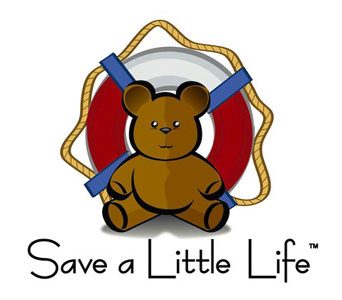A PNP is a registered nurse (RN) who has advanced education (Master’s Degree), and clinical training in pediatrics. Recognized as health care providers for children during sickness and health, they are known for high quality care. PNP’s work in many settings besides pediatric offices, such as community health centers, public health departments, hospitals & hospital clinics, and home health care. They collaborate with physicians and other health care professionals.
What does a PNP do on a typical day?
Age appropriate physical exams:
The PNP will obtain a complete history and do a full physical exam. This visit also includes screening for vision, hearing, developmental milestones. Depending of the age, there may be checks for anemia, lead and a urinalysis. Immunizations are given as needed. Most importantly, parents can feel free to voice concerns about their child, ask questions and receive guidance.
Treatment of acute diseases and injuries:
The history is obtained and an exam is done by the PNP pertinent to the diagnosis. They can prescribe medications and treatments. They also are able to order and interpret lab studies and x-rays. PNP’s can refer specialists as needed.
Treatment and ongoing evaluation of chronic problems:
PNP’s handle many types of chronic problems such as asthma, cerebral palsy, autism, diabetes and ADHD just to name a few. They keep track of referrals to specialists and make sure all the treatments come together appropriately. They are also able to educate parents on their child’s issues.
What areas can parents benefit from when interacting with a PNP?
PNP’s provide individualized care, taking into consideration the whole family unit. They take the time to answer questions and teach families to better care for themselves. They practice prevention and emphasize wellness.
What can parents do to get the most out of their visit?
Have questions from home written down so they don’t forget what they wanted to ask
- Use a thermometer at home (not just a feel of the hand) for best evaluation of a fever
- Keep the vaccination record up to date and on-hand for the visits
- Bring current medications with you to the visit
- If the child has any chronic problems or history, keep written dates and names of doctors, procedures, medications and lab studies and bring them with you for the visit


